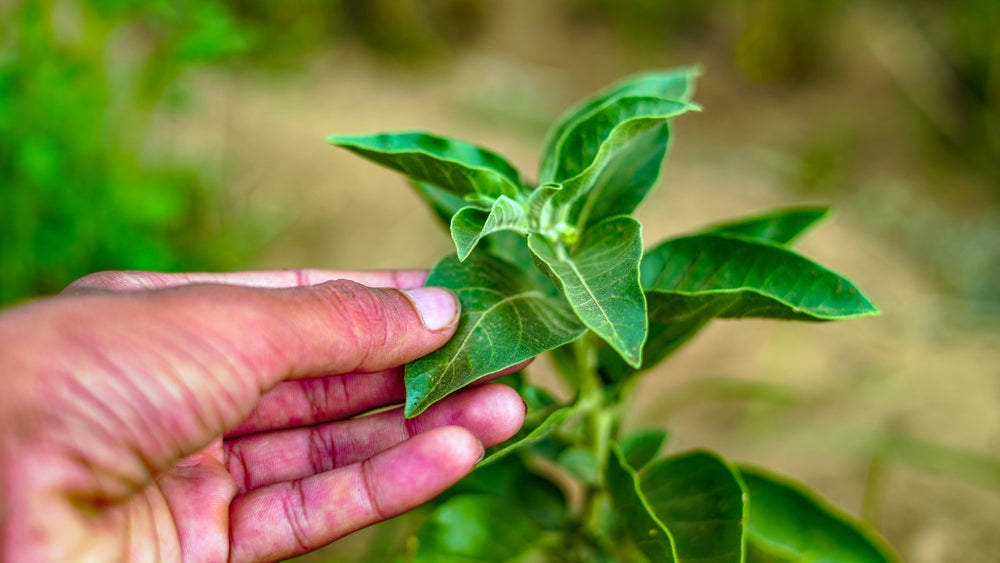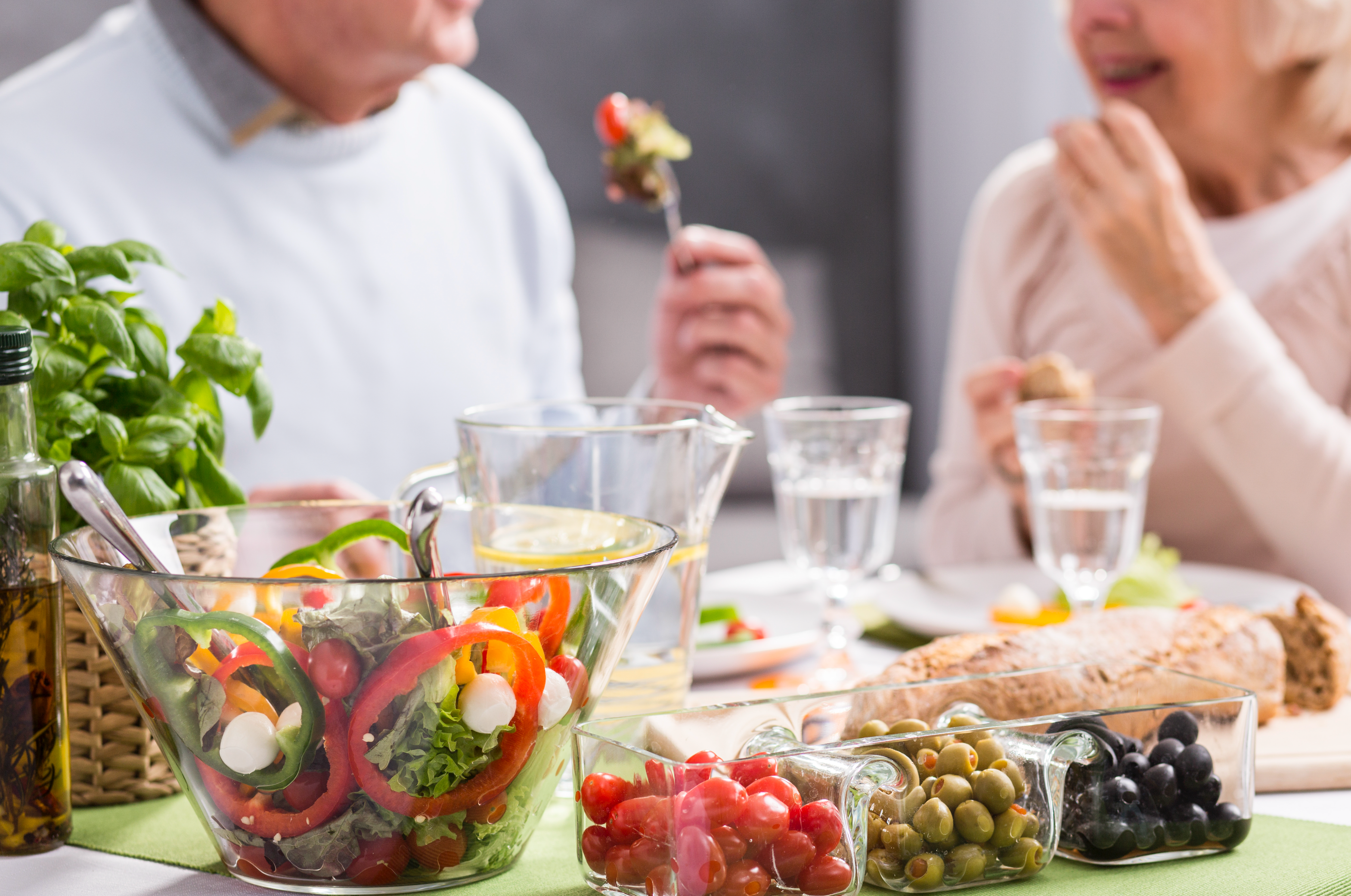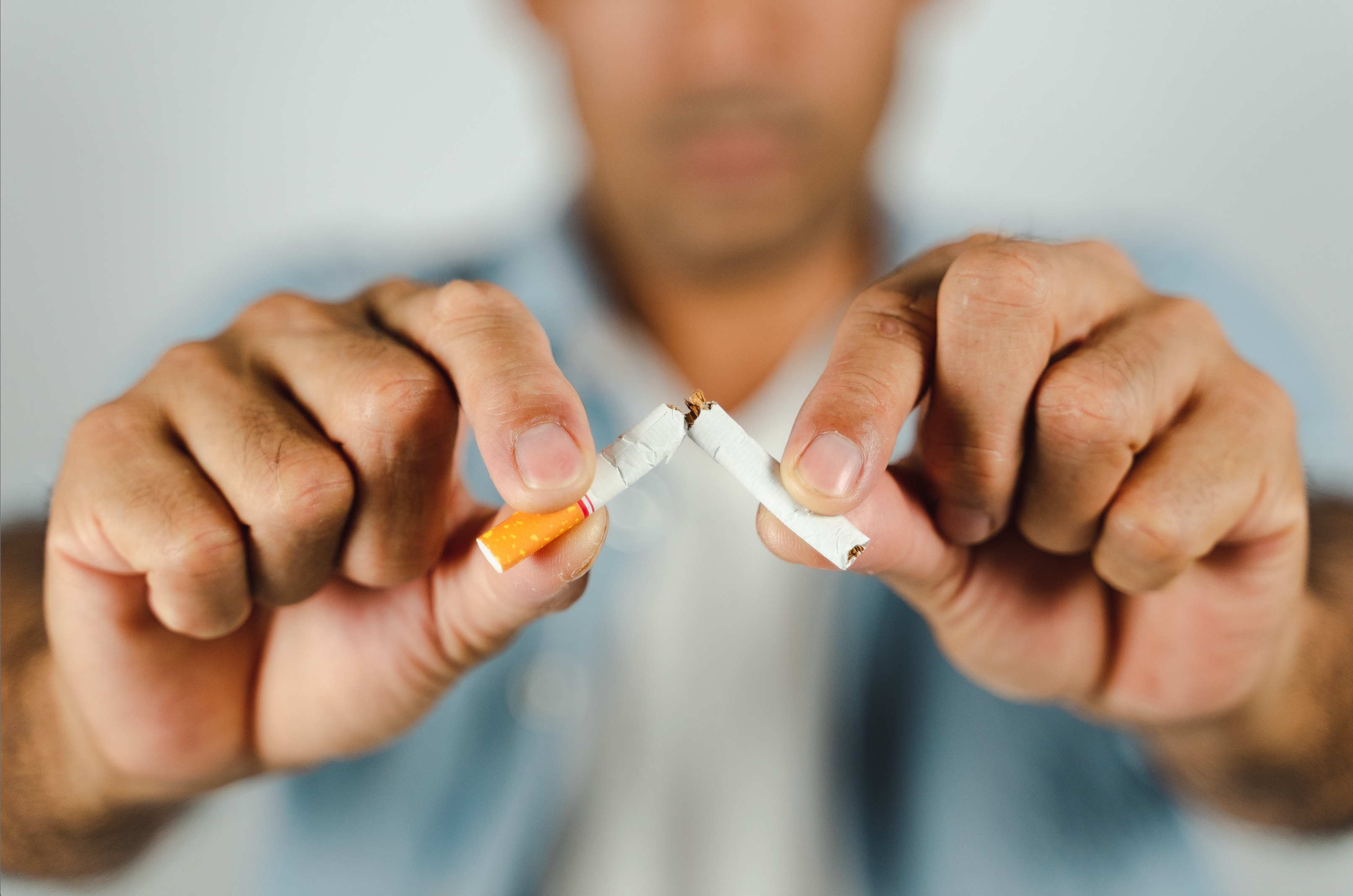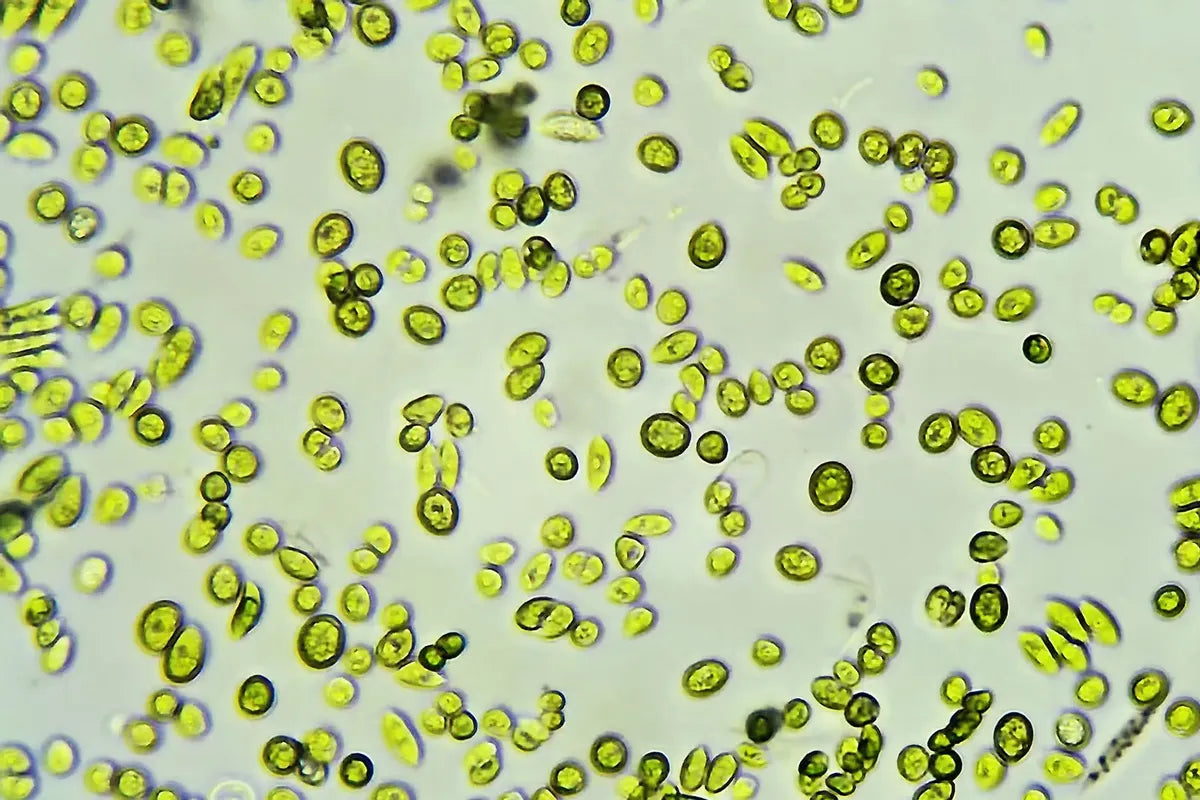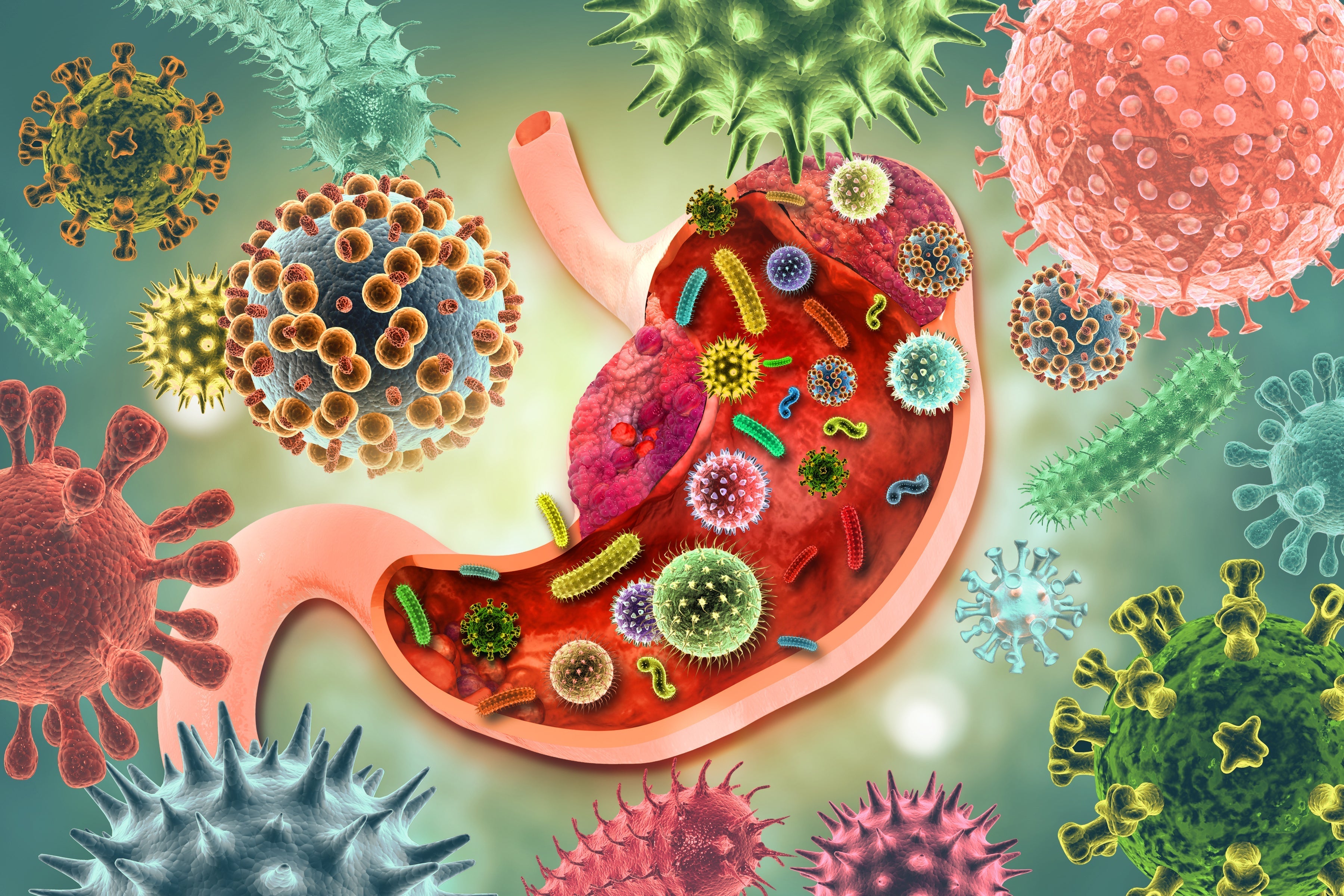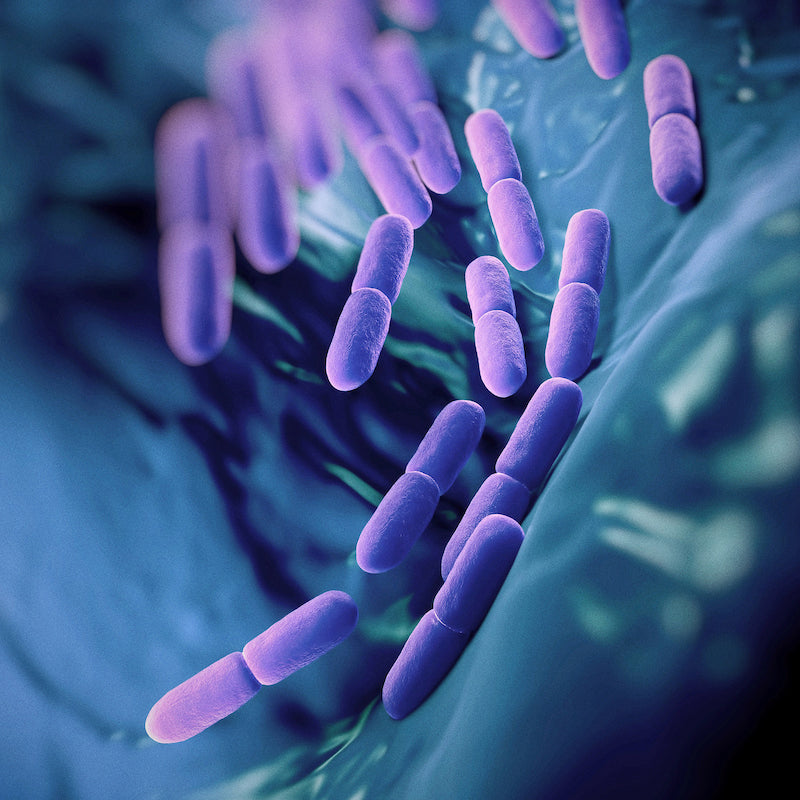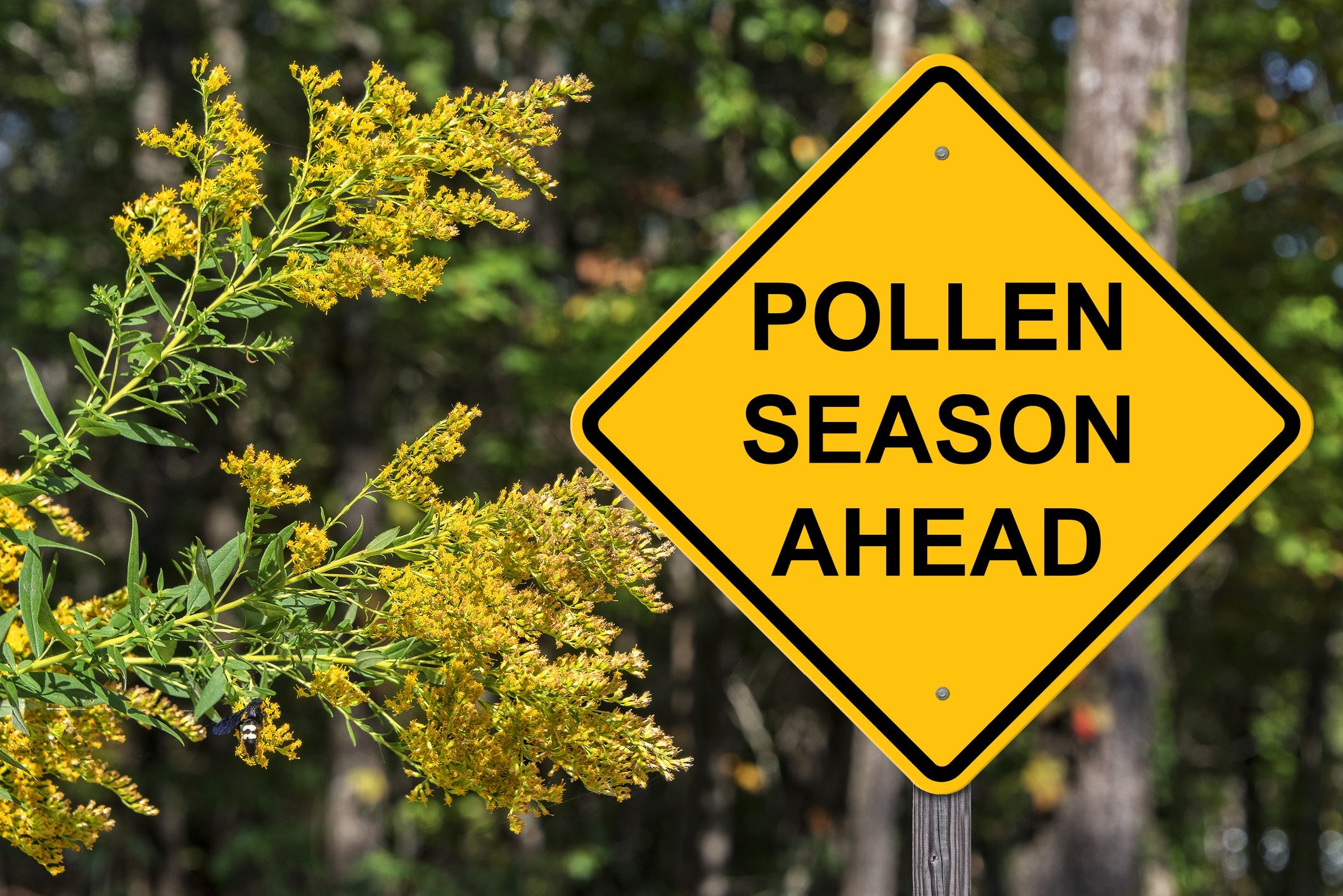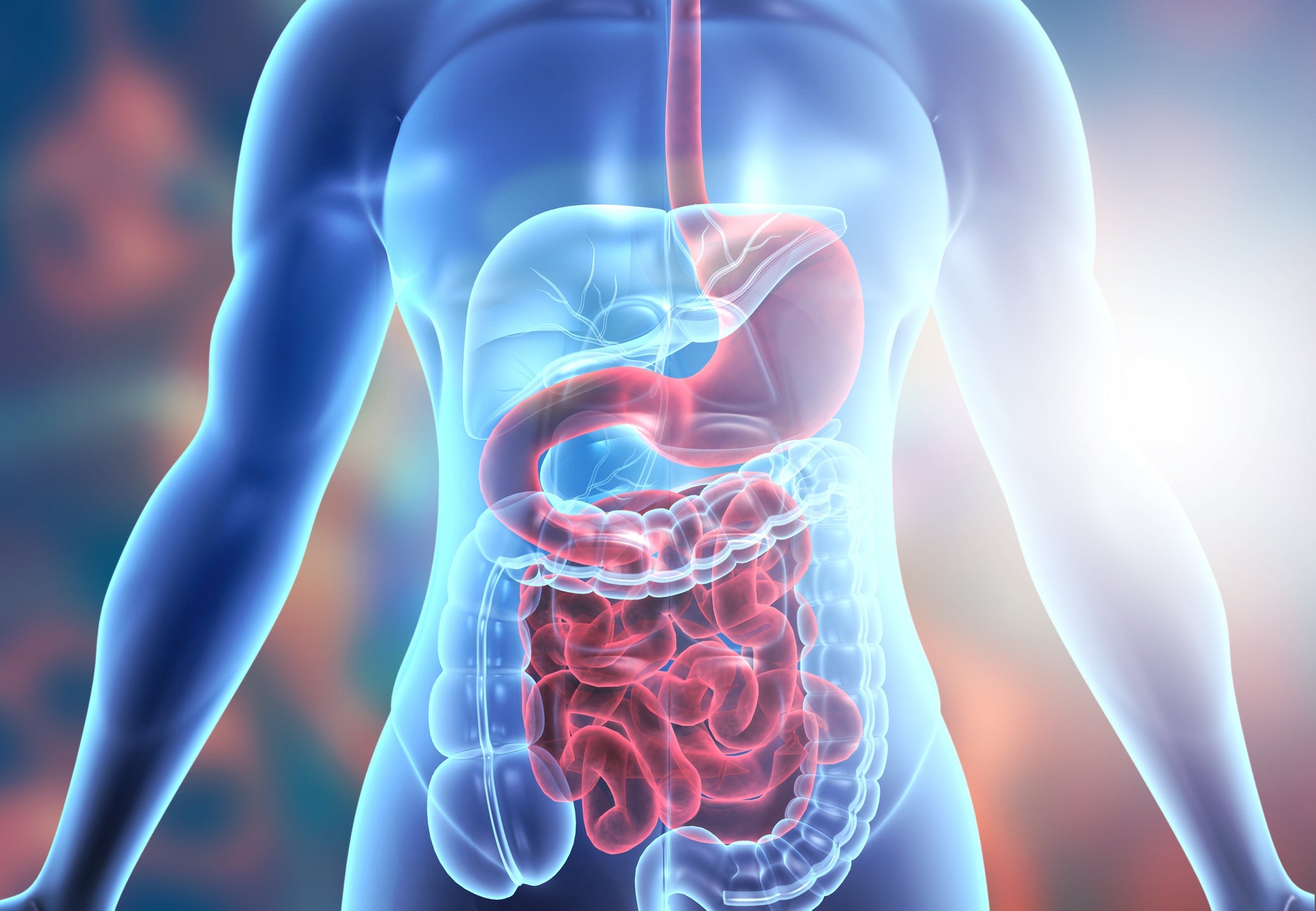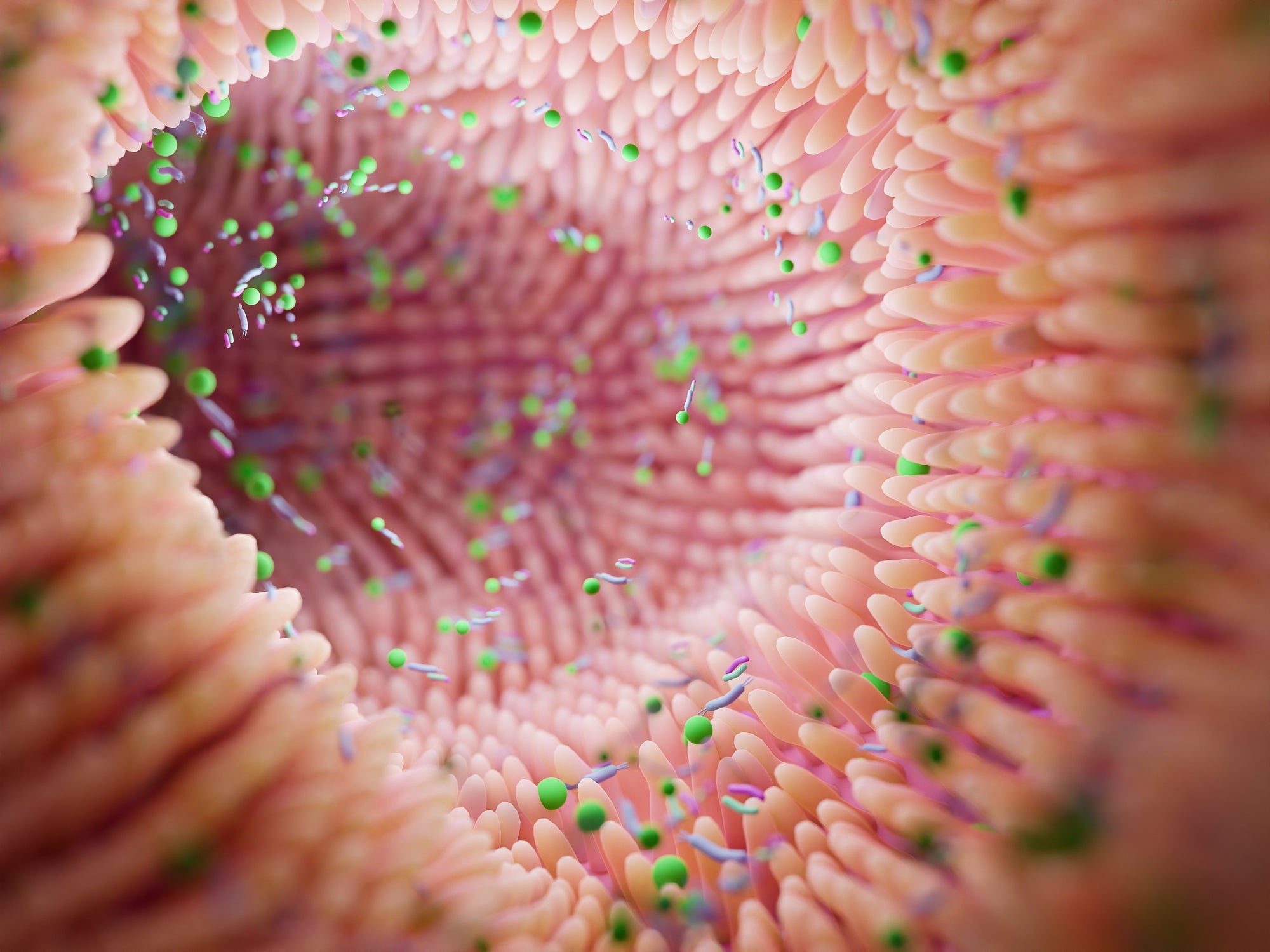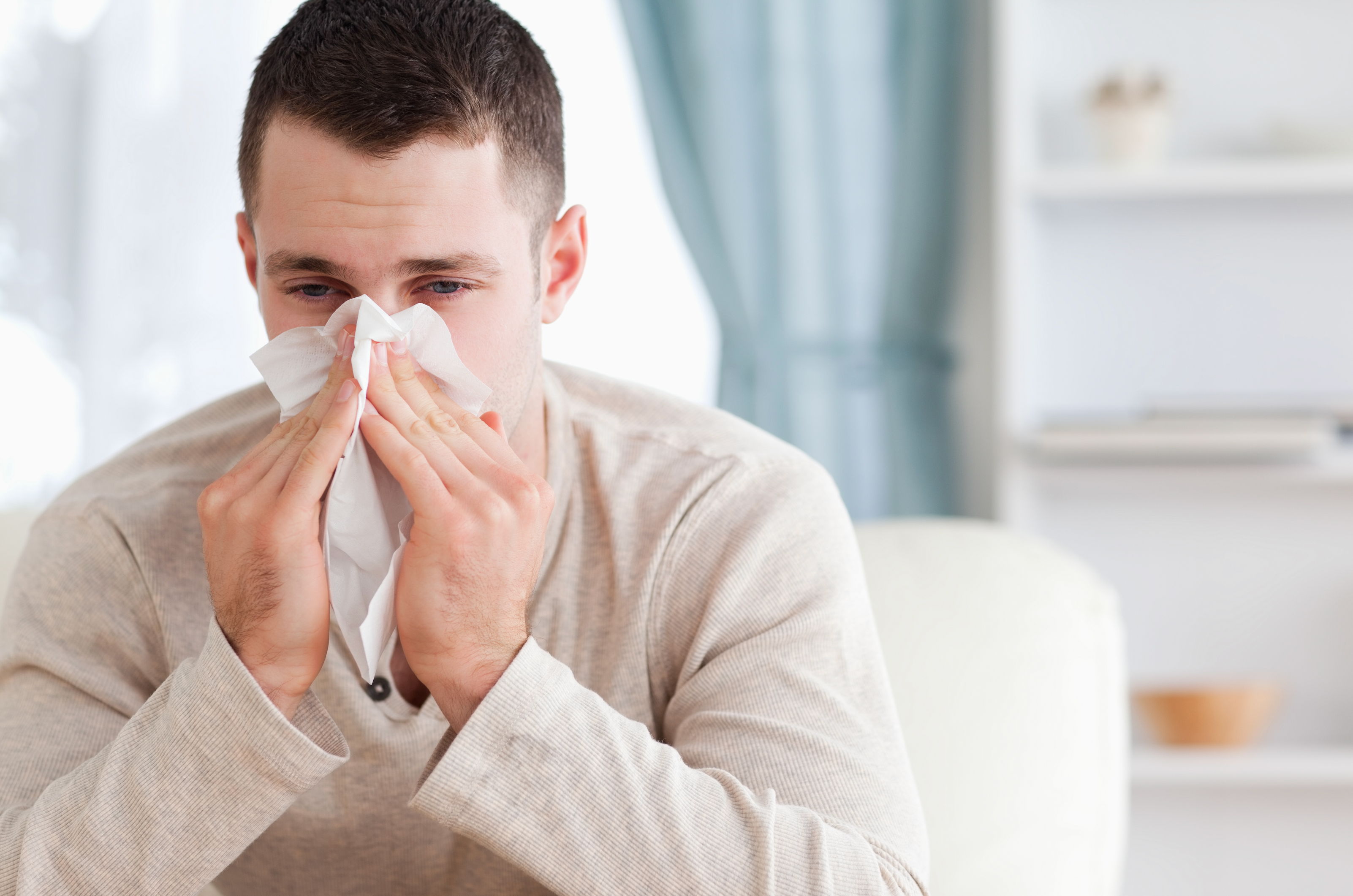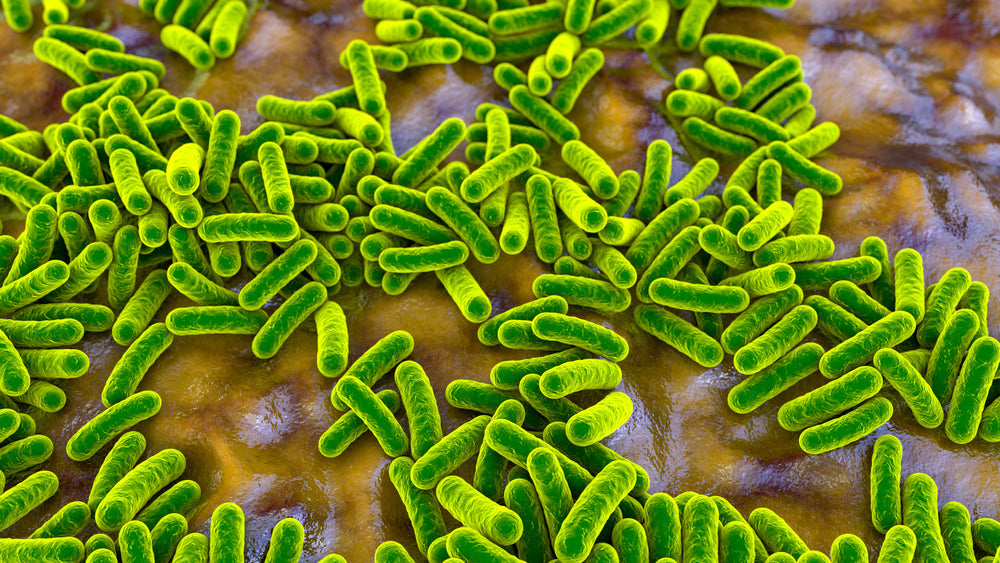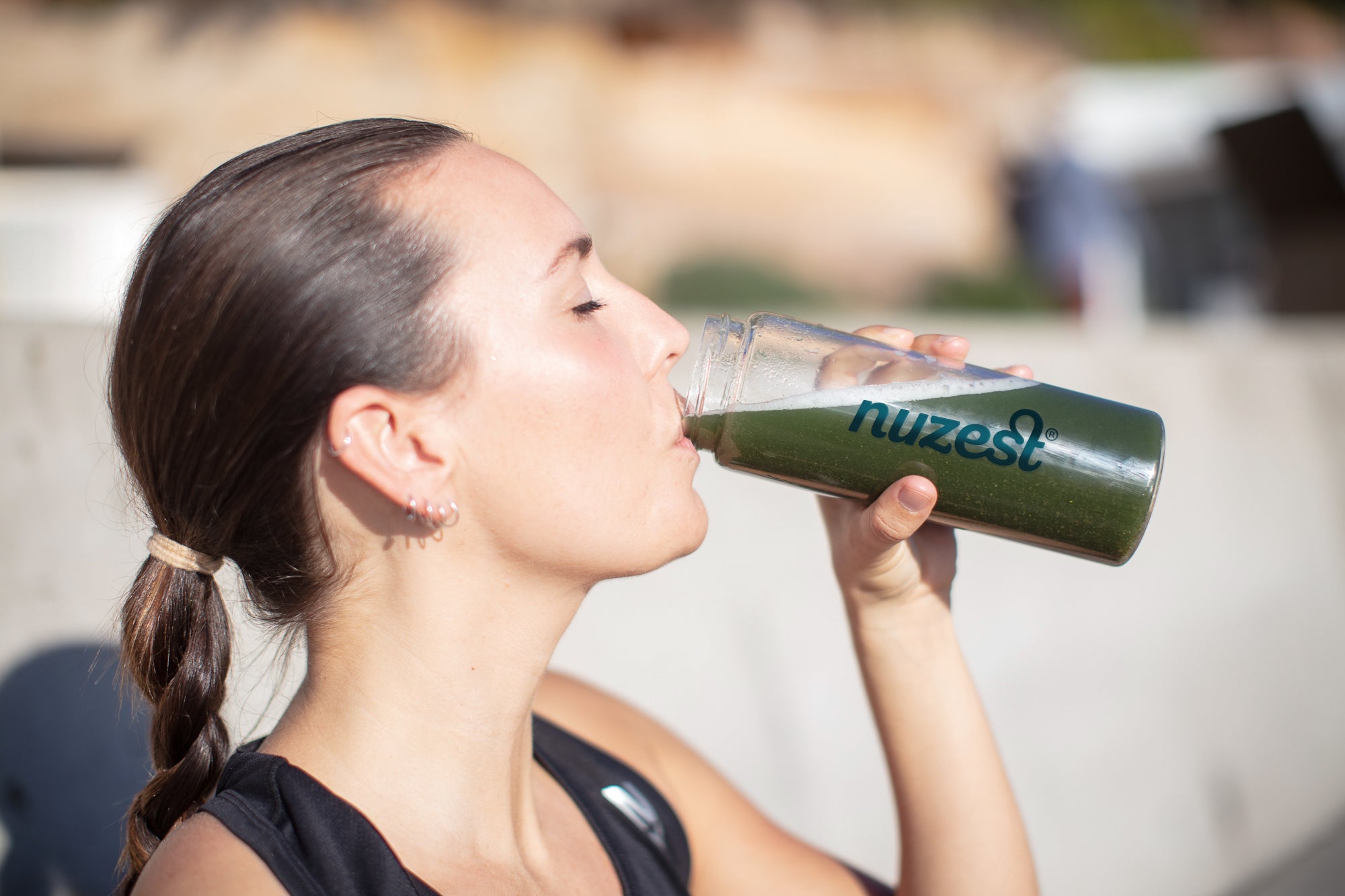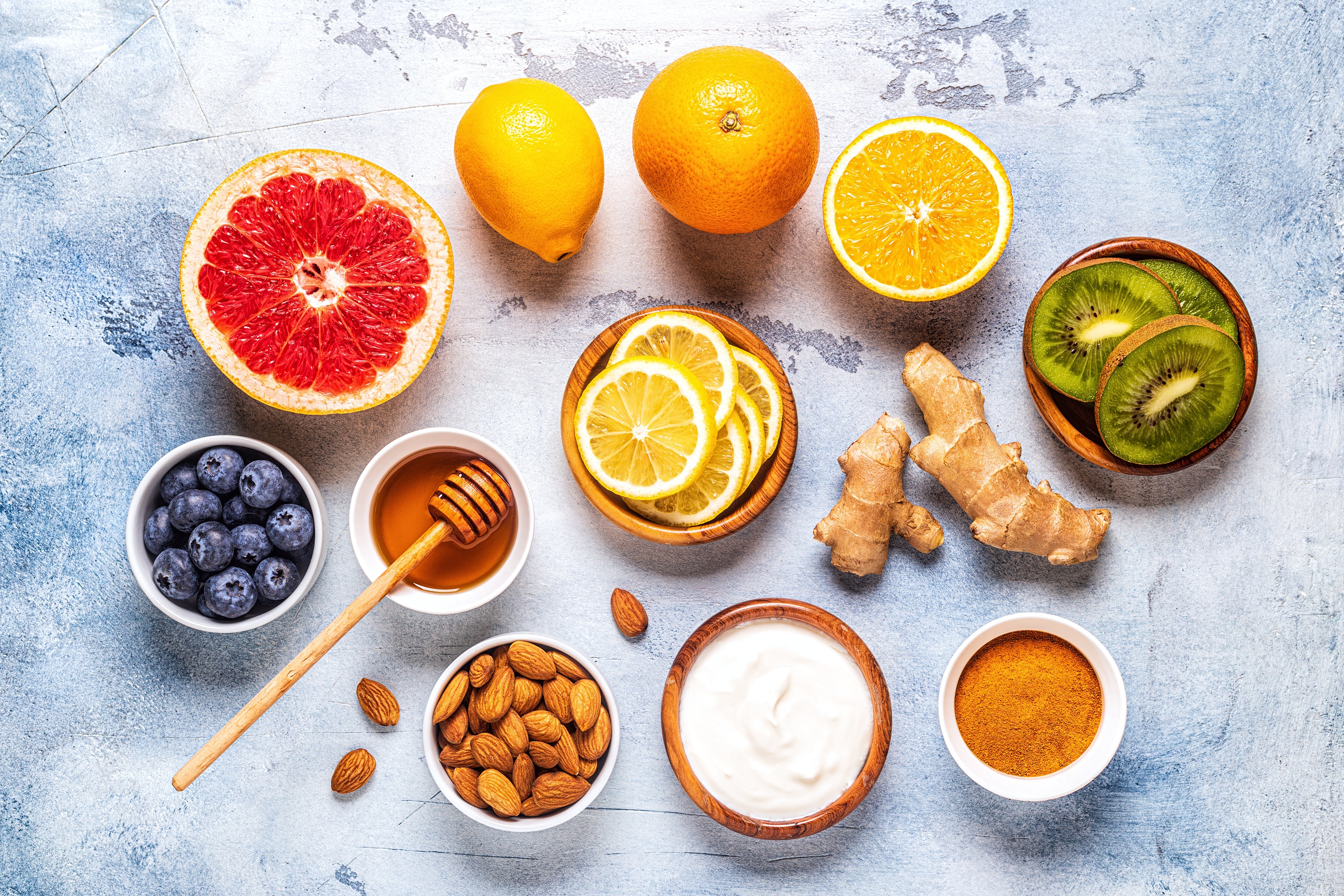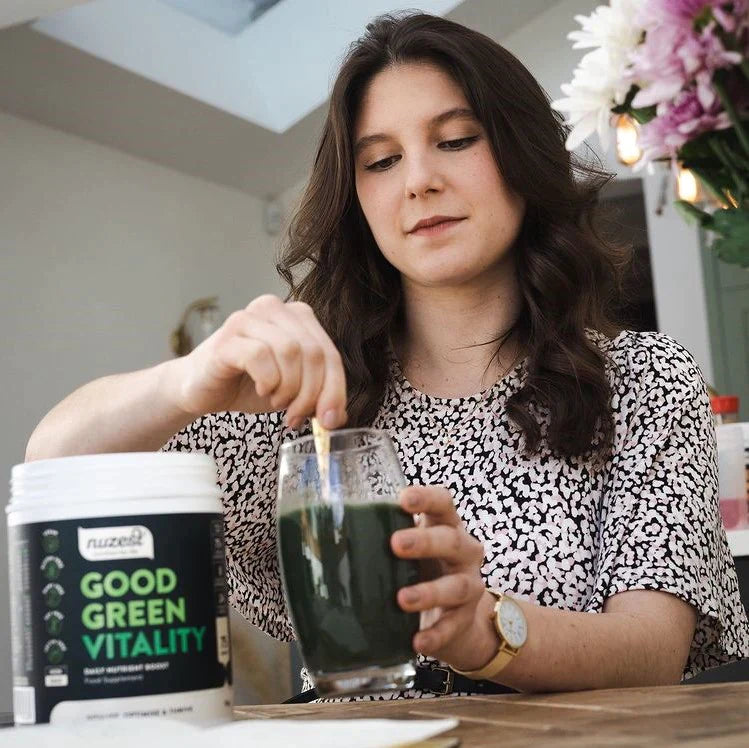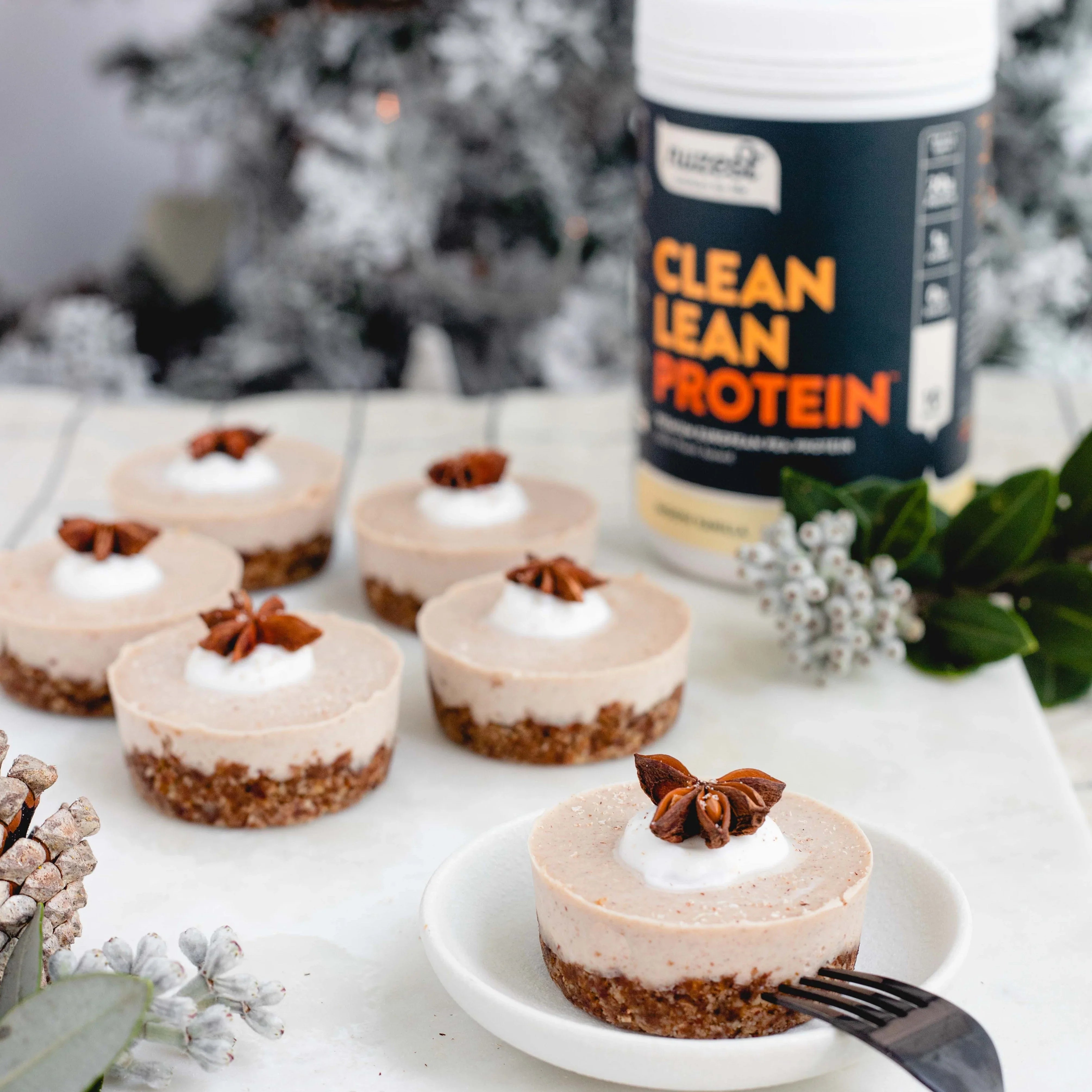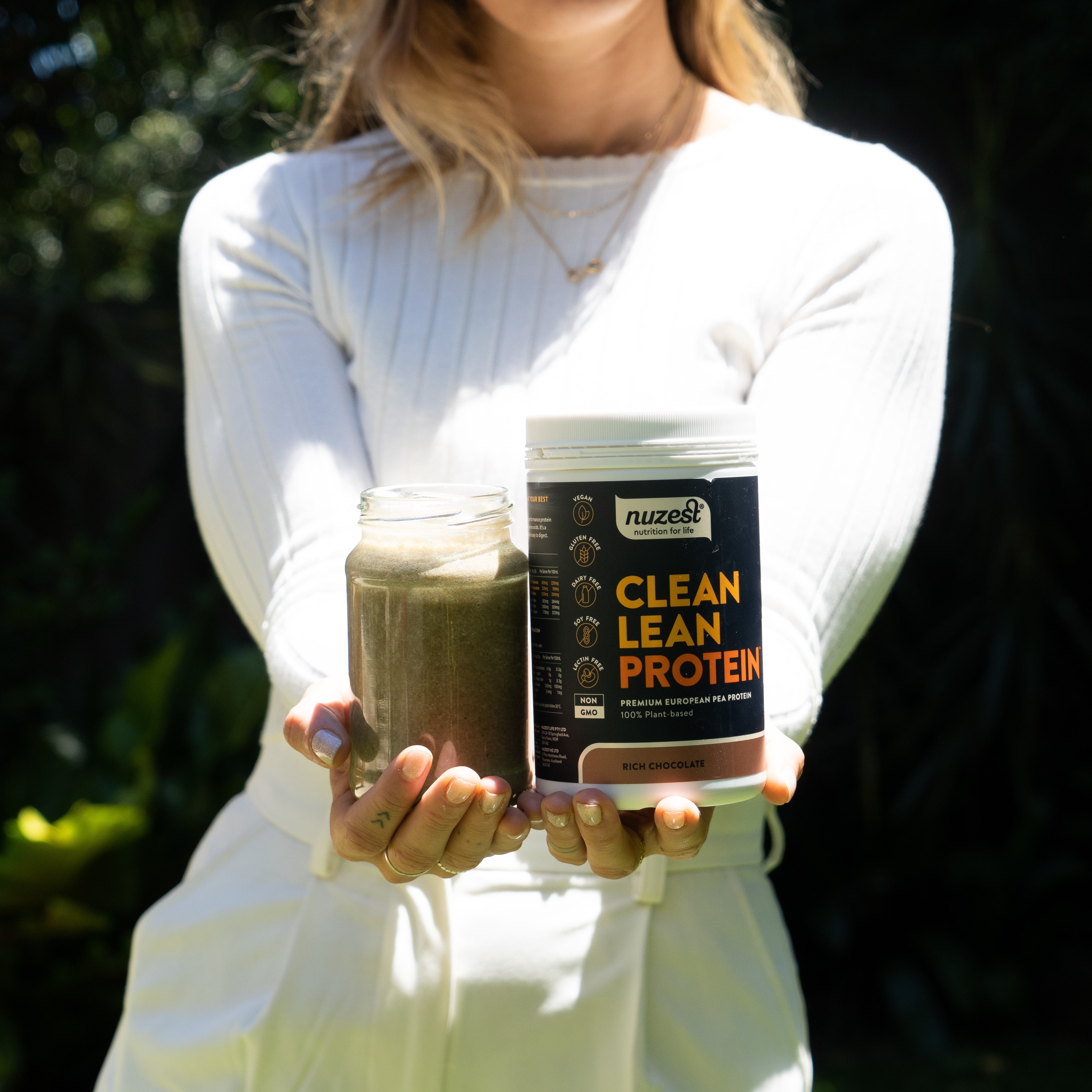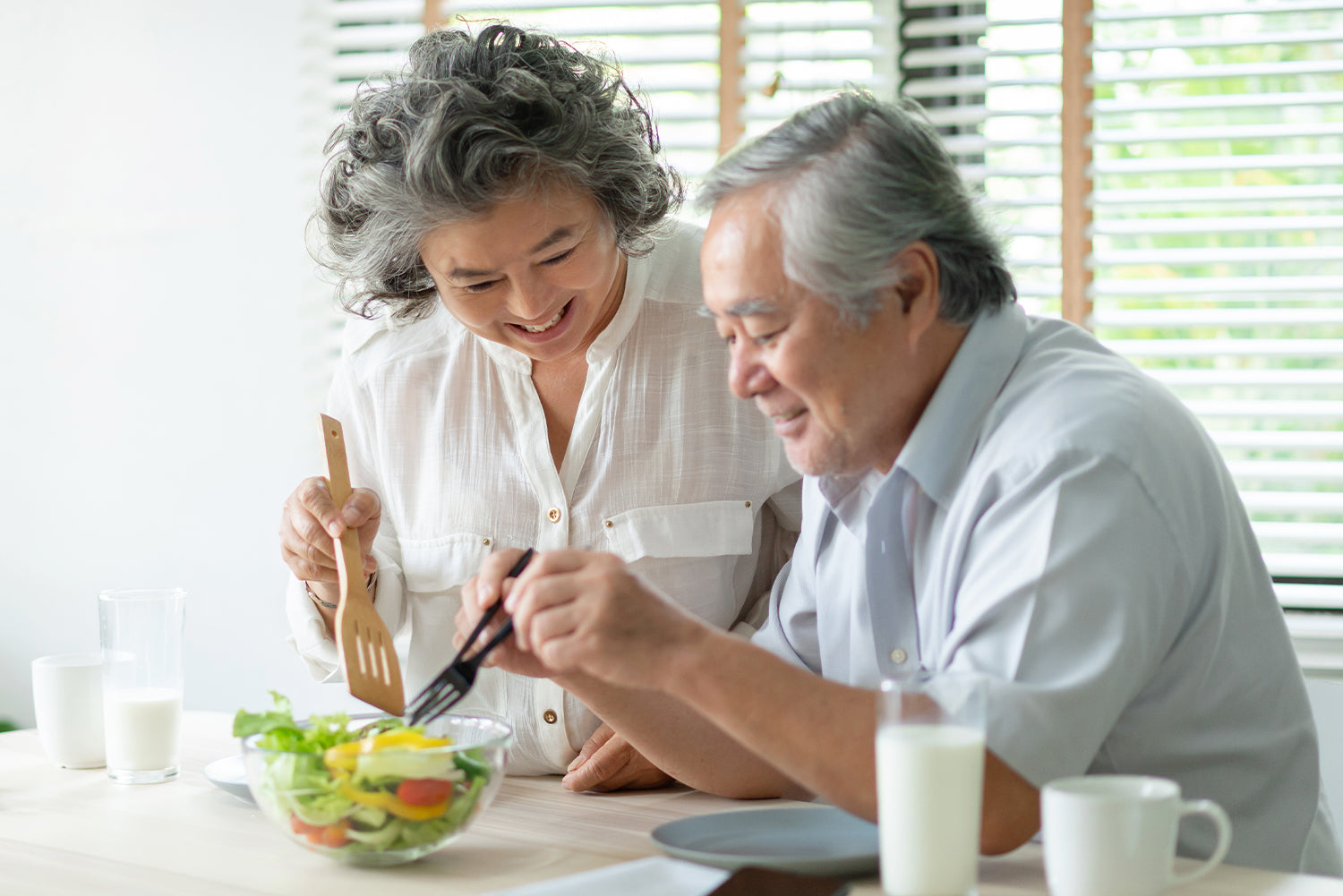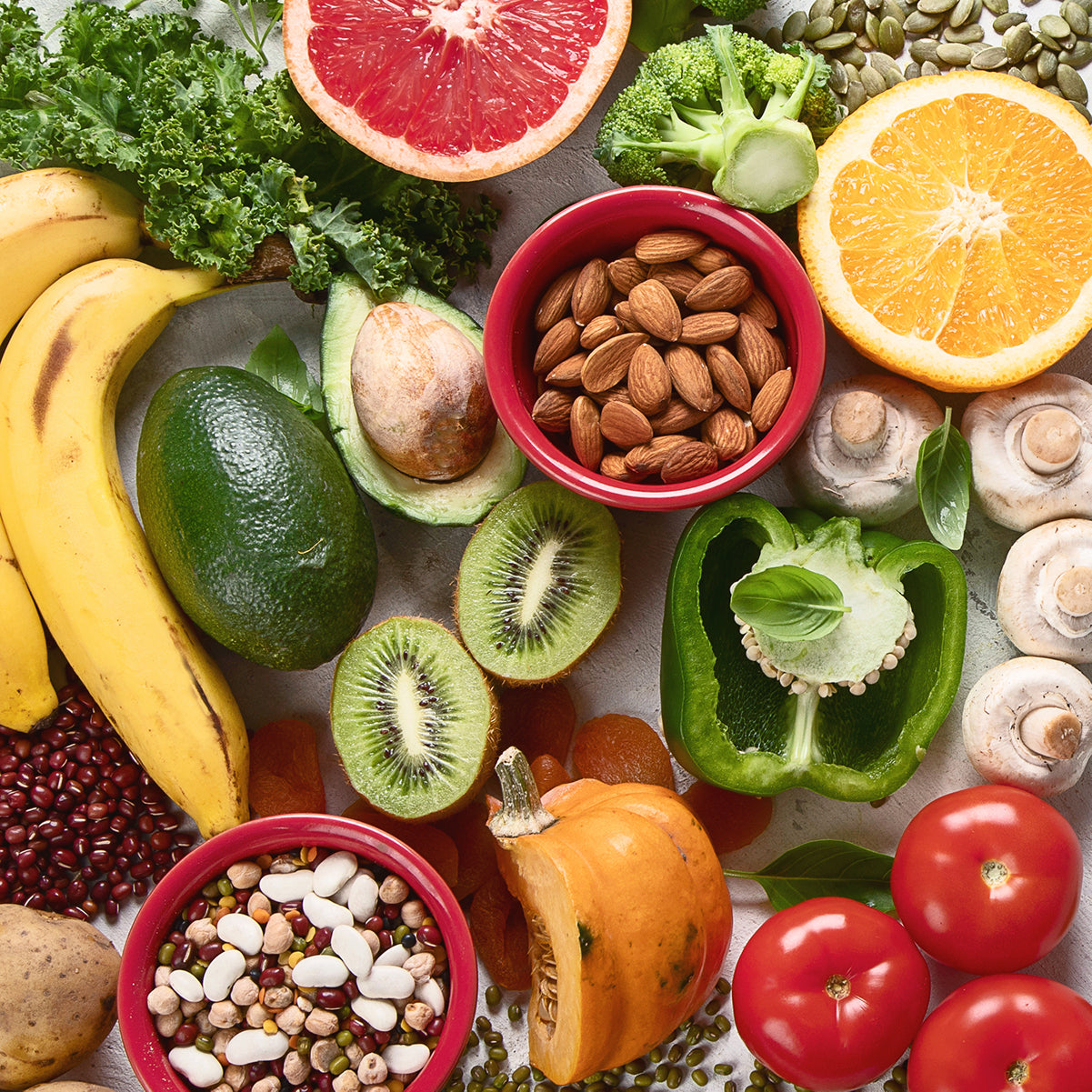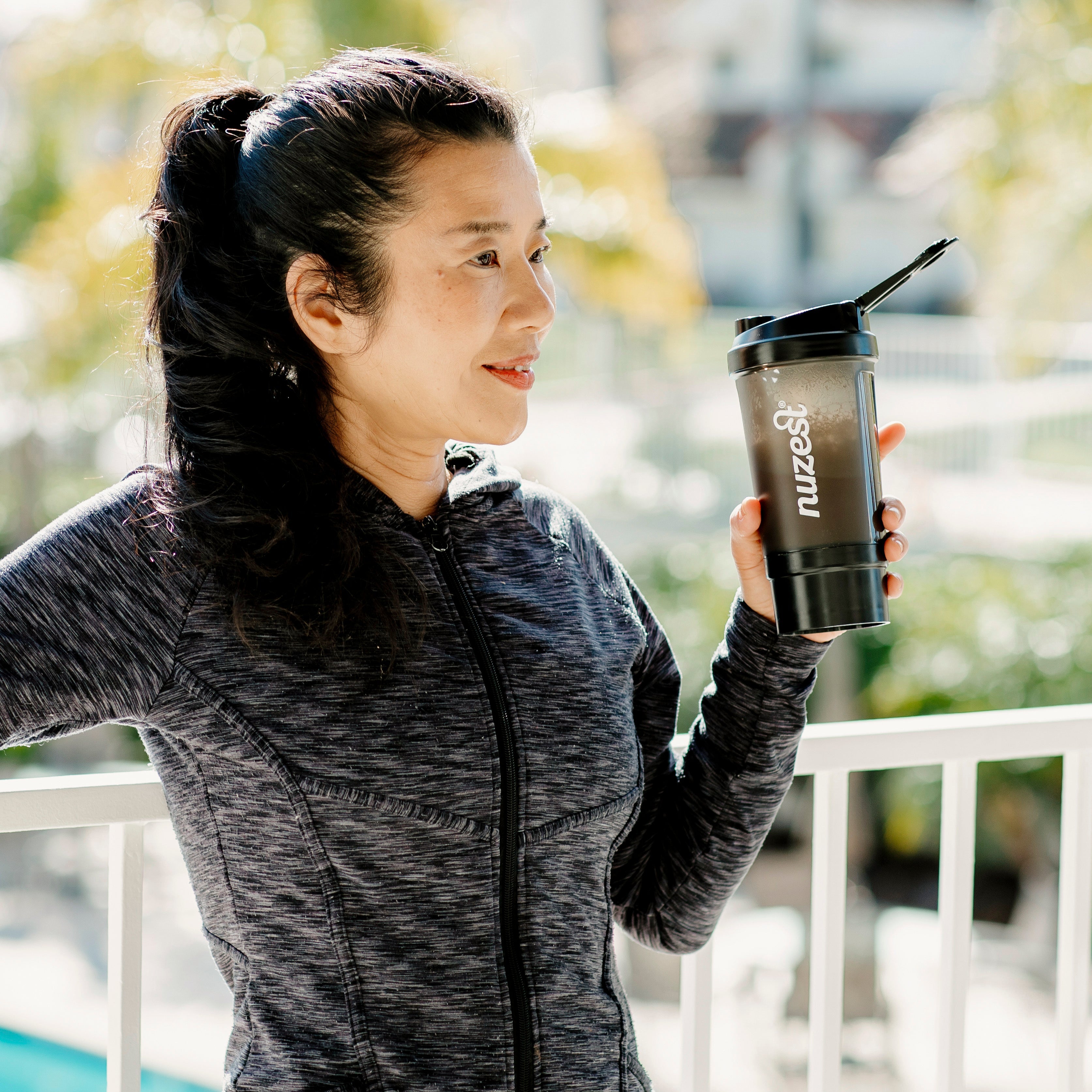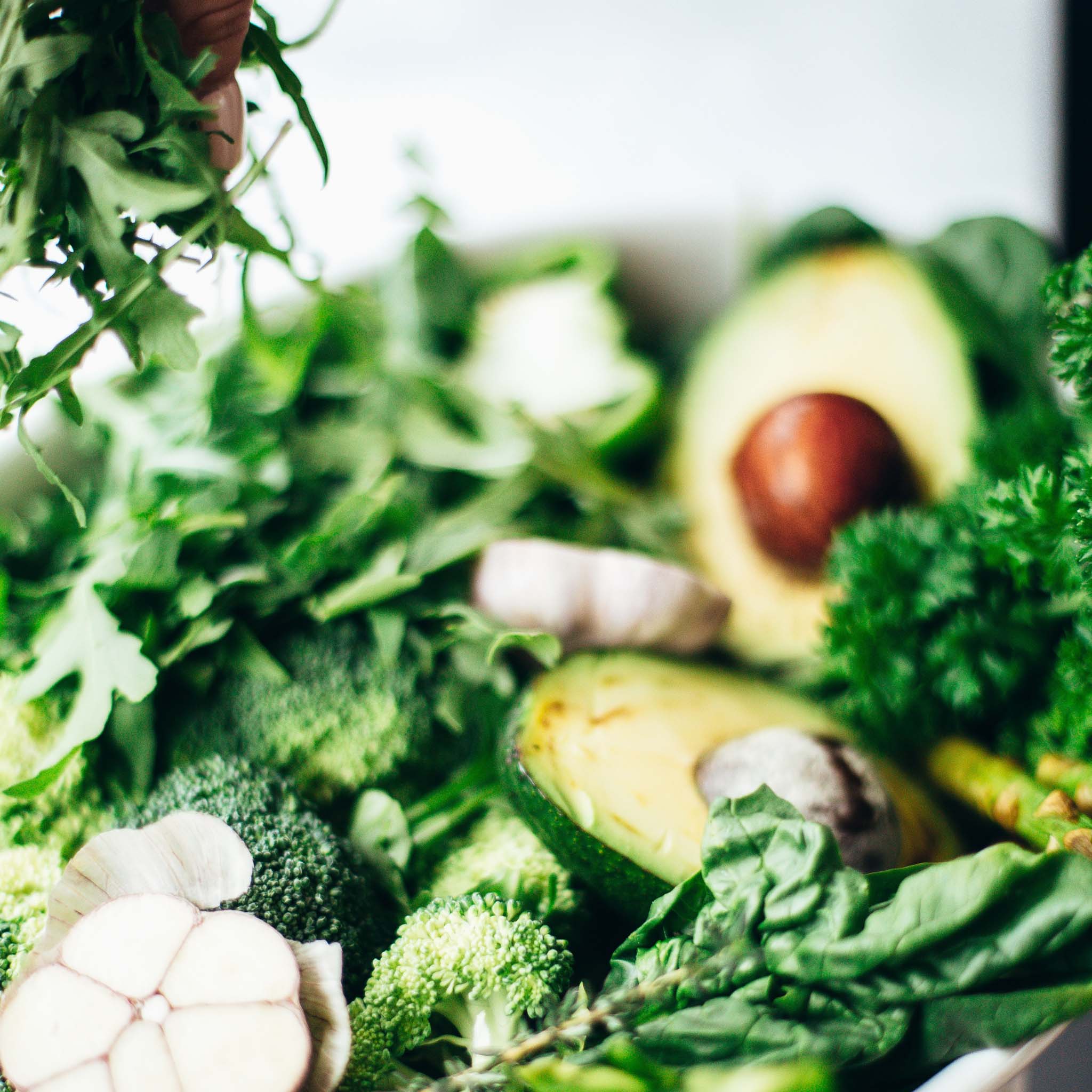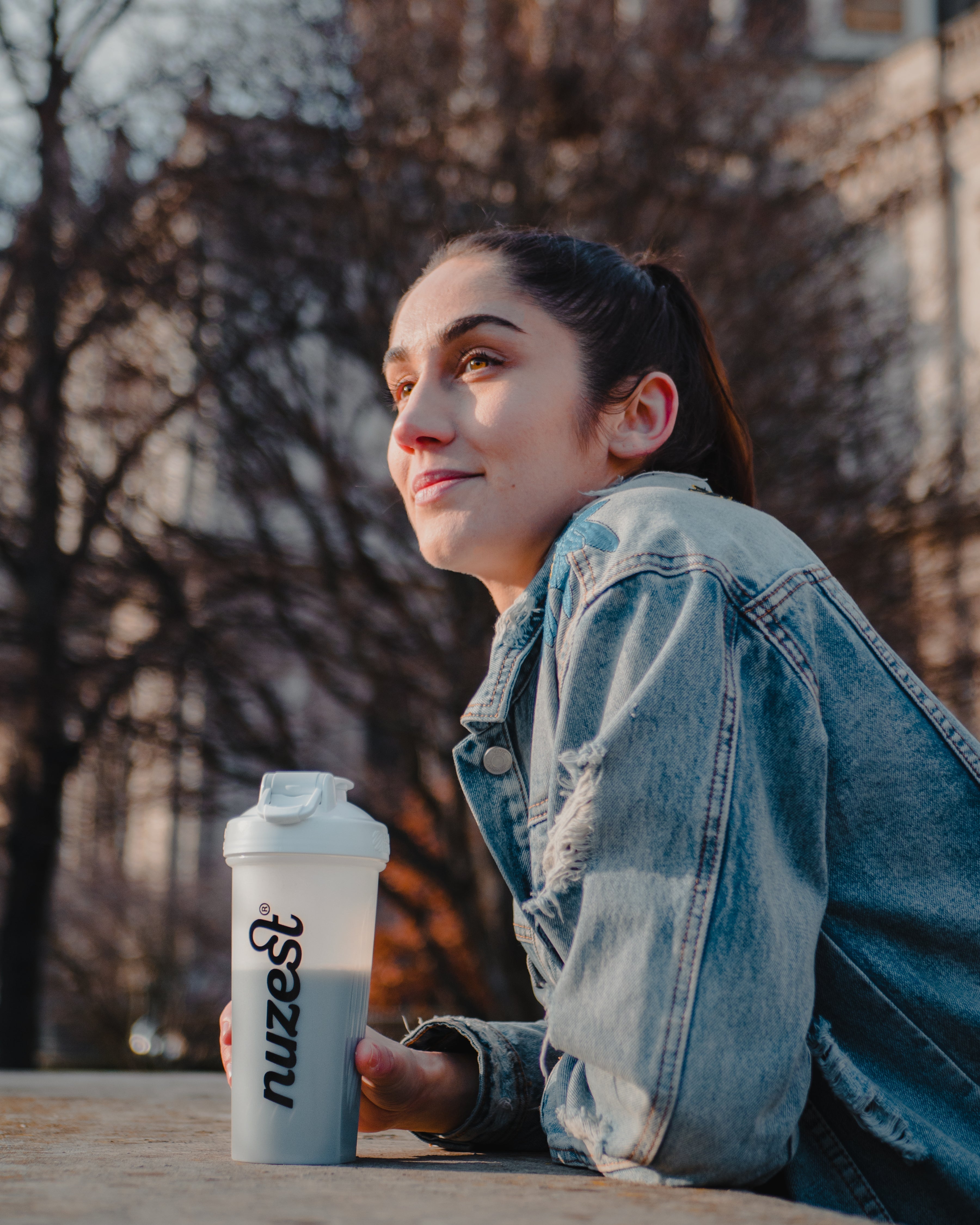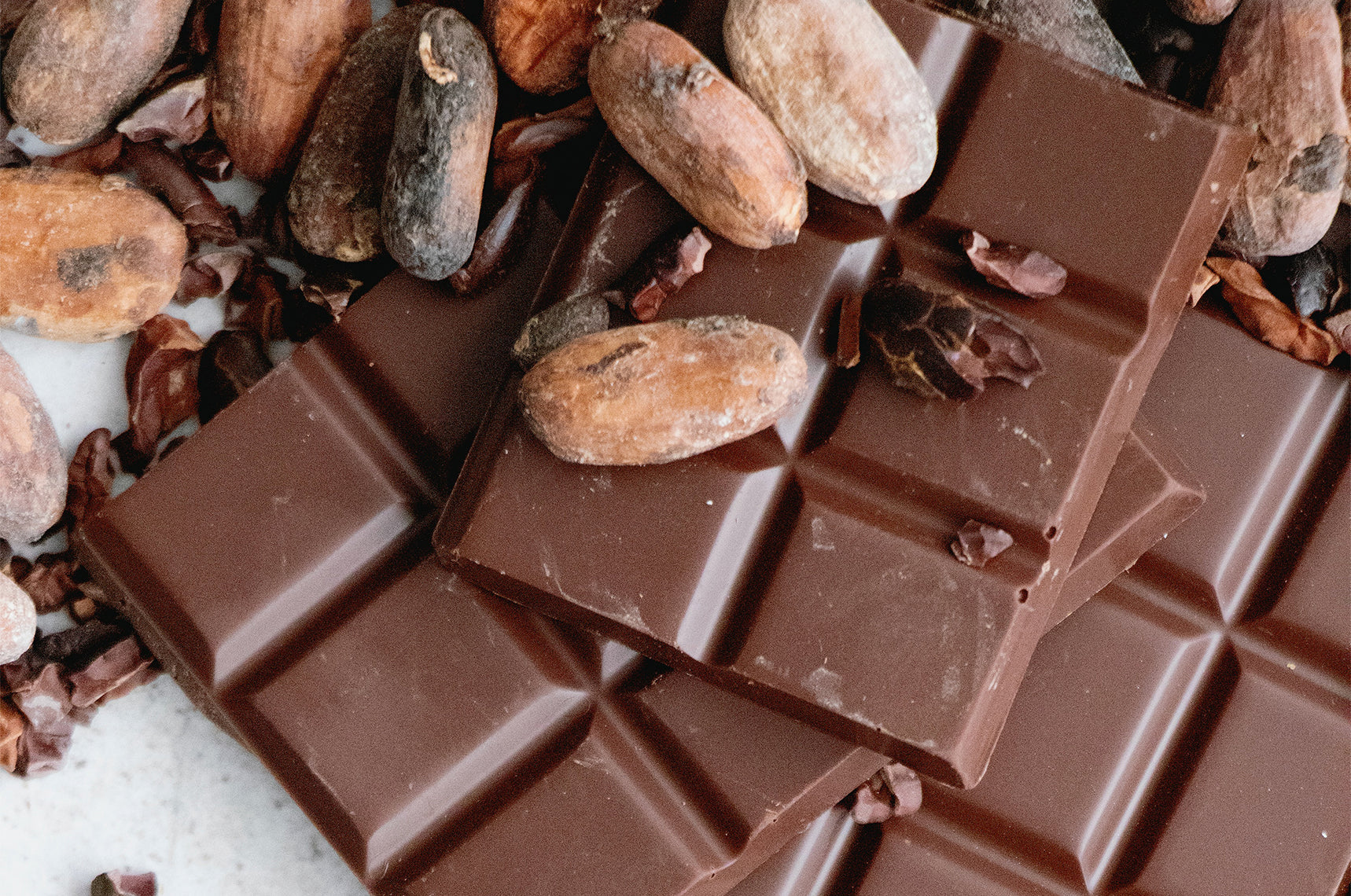Matcha lattes, matcha smoothies, matcha ice-cream, matcha donuts, matcha protein balls – the world’s gone matcha mad!… and for good reason! Not only does this bright green powder taste amazing but it is also incredibly good for your skin, memory, concentration and mood. And if you’re a health-conscious fitness-fan then matcha has the potential to help make all your health goals a reality (in addition to a healthy diet and exercise of course). This powerful plant has been proven to aid weight loss, increase muscle building and improve energy levels. It has it all!
Made from finely ground leaves of the Camellia sinensis (Green Tea) plant, matcha has even higher levels of caffeine and antioxidants than are typically found in green tea. The specific methods of growing and cultivating the leaves creates a unique and potent nutrient profile. When you drink matcha you’re getting 100% of the plant’s vitamins, minerals and fibre content, and 137 times the antioxidants found in a regular cup of green tea.
Matcha owes all its abundant antioxidant properties to a molecule from the polyphenolic catechins group called EGCG (or epigallocatechin gallate), which has been scientifically proven to have anti-inflammatory, anti-microbial and anti-carcinogenic properties.1 Studies have also found ECGC to have anti-obesity and anti-diabetic effects by reducing circulating cholesterol and triglycerides, reducing blood pressure, improving body mass index ratios, increasing thermogenesis (the body’s rate of burning calories) and increasing body fat oxidation – which consequently results in improved endurance capcity.2,3
We all know how important regular exercise is for our physical, mental and emotional health, but strenuous anaerobic exercises have been reported to enhance the generation of reactive oxygen species (ROS); which in turn can contribute to both the initiation and progression of muscle fibre injury as well as impaired muscle performance.4 Green Tea Extract (GTE) however has been clinically proven to prevent oxidative stress induced by high-intensity training and subsequent muscle breakdown – once again thanks to its EGCG content.5
But EGCG isn’t the only active ingredient in matcha that we can be thankful for. The caffeine in matcha can help enhance physical and mental energy by releasing neurotransmitter catecholamines. It also helps fuel our bodies for exercise by increasing blood delivery to our muscles. If you’re not a regular consumer of caffeine and you are concerned about its negative side effects, you don’t need to be! The L-theanine content in matcha works with the caffeine to reduce the risk of energy crashes, jitters and anxiety, and helps sustain energy levels and concentration for longer.6
So, whether your goal is to increase endurance, increase metabolism and/or lose excess visceral fat, matcha can assist the body with all three. For an easy and delicious way to include matcha in your pre-workout protein snacks and smoothies, try our new Clean Lean Protein Functional Flavour range in Vanilla Matcha flavour!
References
1Gahreman, D., Wang, R., Boutcher, Y., & Boutcher, S. (2015). Green Tea, Intermittent Sprinting Exercise, and Fat Oxidation. Nutrients, 7(7), 5646–5663. http://doi.org/10.3390/nu7075245
2Jayakeerthana, S. (2016). Benefits of Green Tea: A Review. Journal of Pharmaceutical Sciences and Research, 8(10), 1184-1187.
3Roberts, J., Roberts, M., Tarpey, M., Weekes, J., & Thomas, C. (2015). The effect of a decaffeinated green tea extract formula on fat oxidation, body composition and exercise performance. Journal Of The International Society Of Sports Nutrition, 12(1), 1-9. http://dx.doi.org/10.1186/s12970-014-0062-7
4Bloomer, R., & Goldfarb, A. (2004). Anaerobic Exercise and Oxidative Stress: A Review. Canadian Journal of Applied Physiology, 29(3), 245-263. http://dx.doi.org/10.1139/h04-017
5Jówko, E., Długołęcka, B., Makaruk, B., & Cieśliński, I. (2014). The effect of green tea extract supplementation on exercise-induced oxidative stress parameters in male sprinters. European Journal of Nutrition, 54(5), 783-791. http://dx.doi.org/10.1007/s00394-014-0757-1
6Nobre, A. C., Rao, A., & Owen, G. N. (2008). L-theanine, a natural constituent in tea, and its effects on mental state. Asia Pacific Journal of Clinical Nutrition, 17(1), 167-168.

